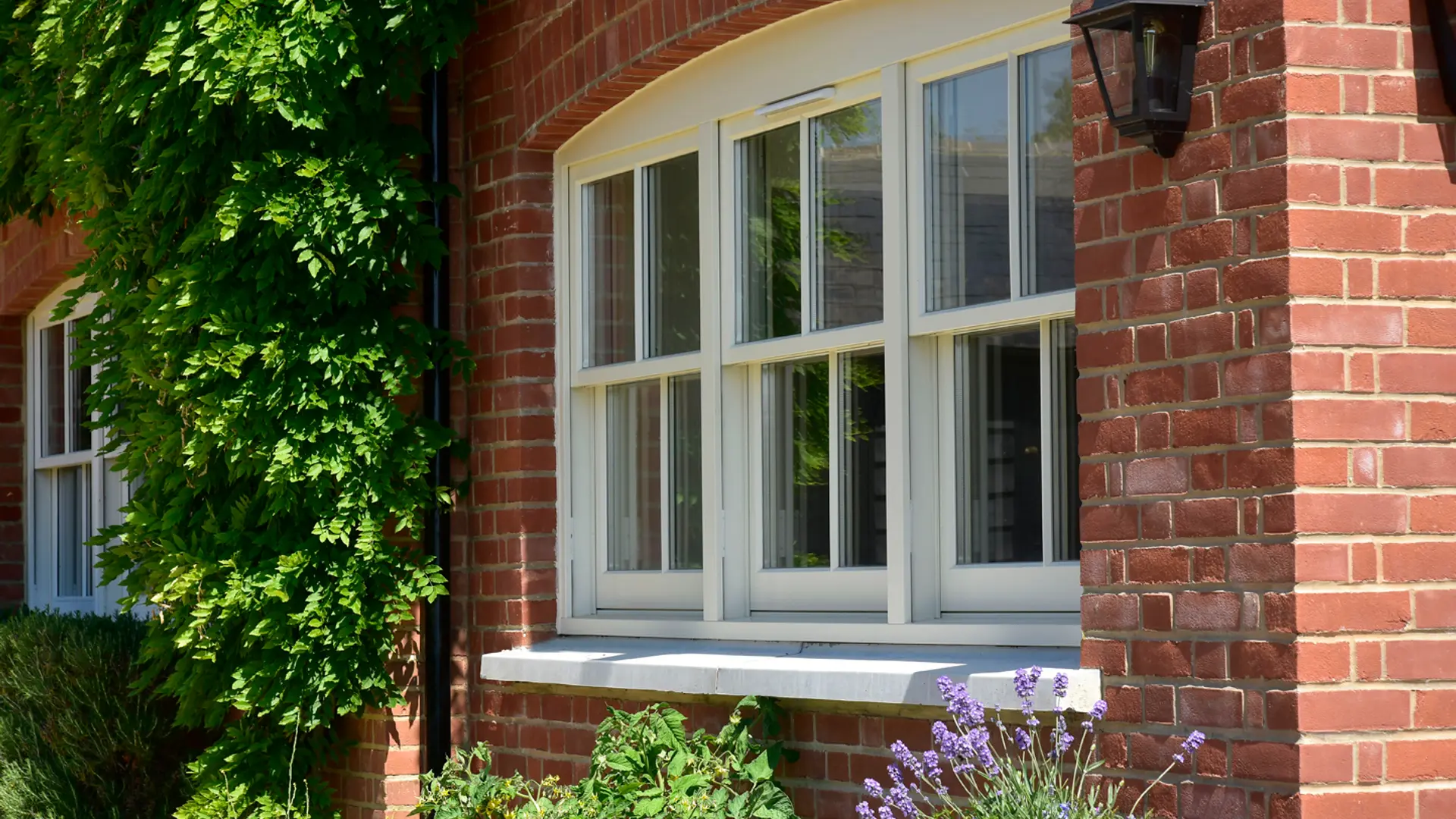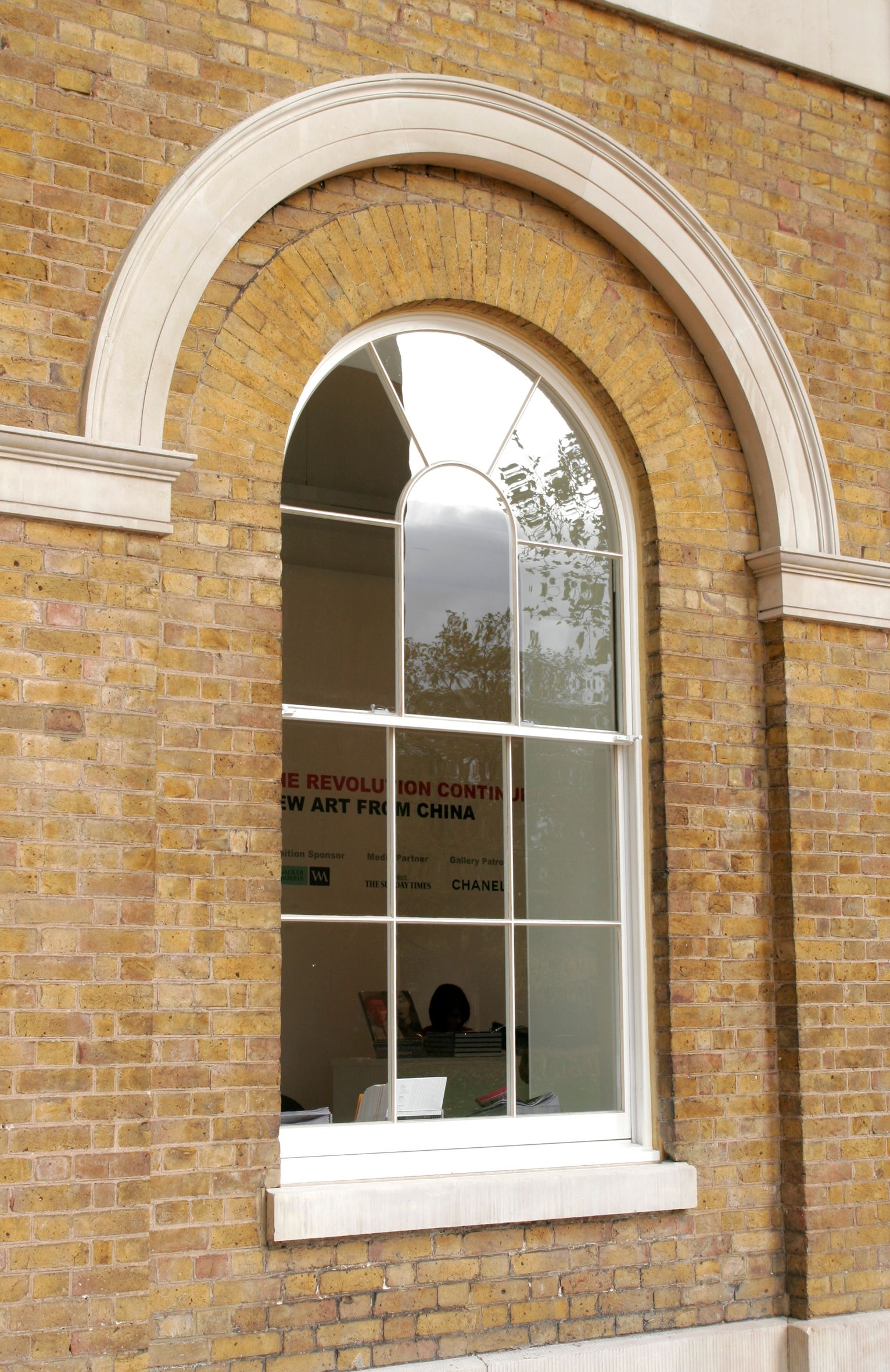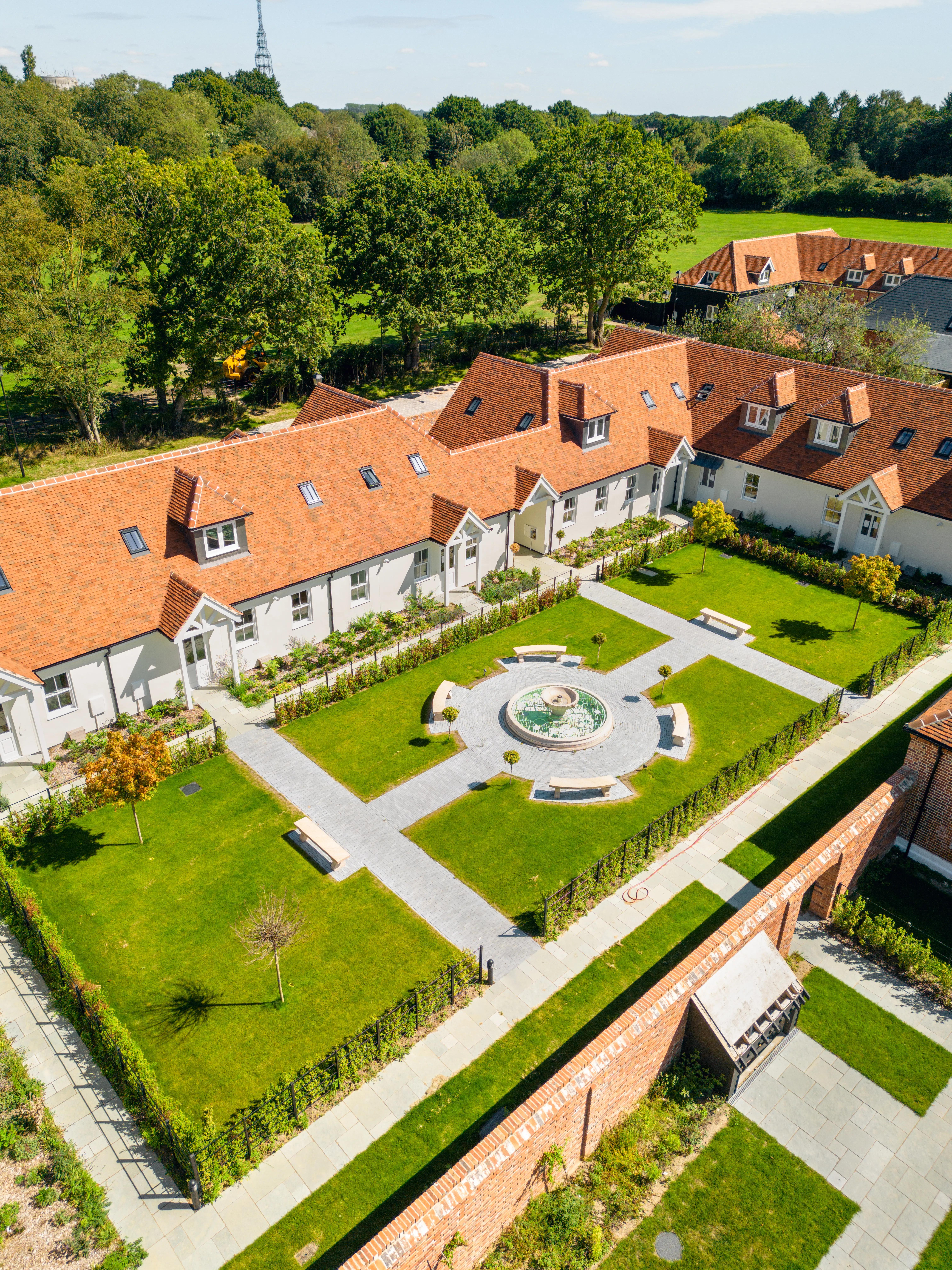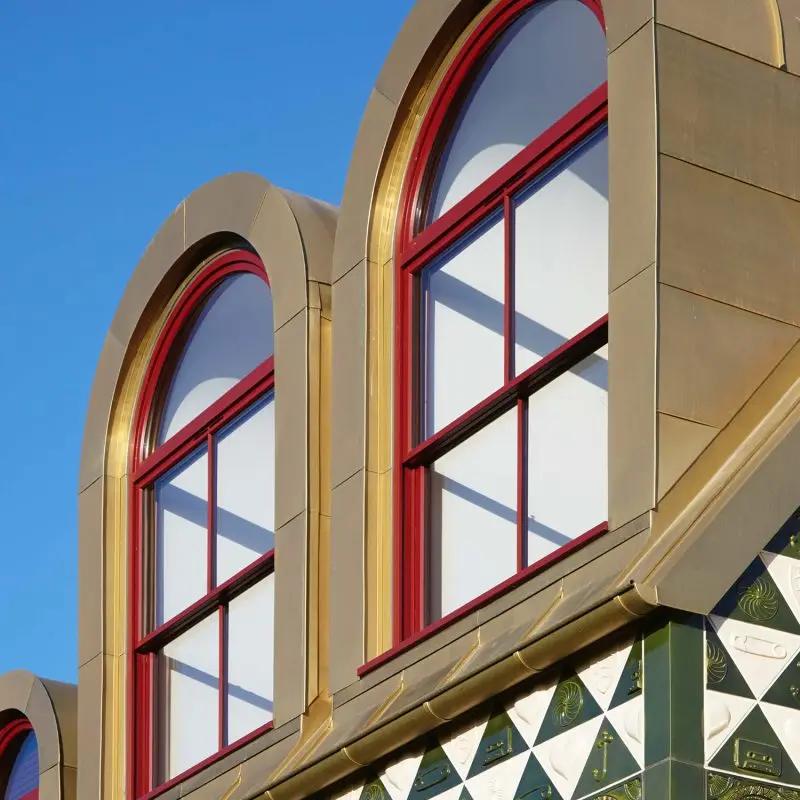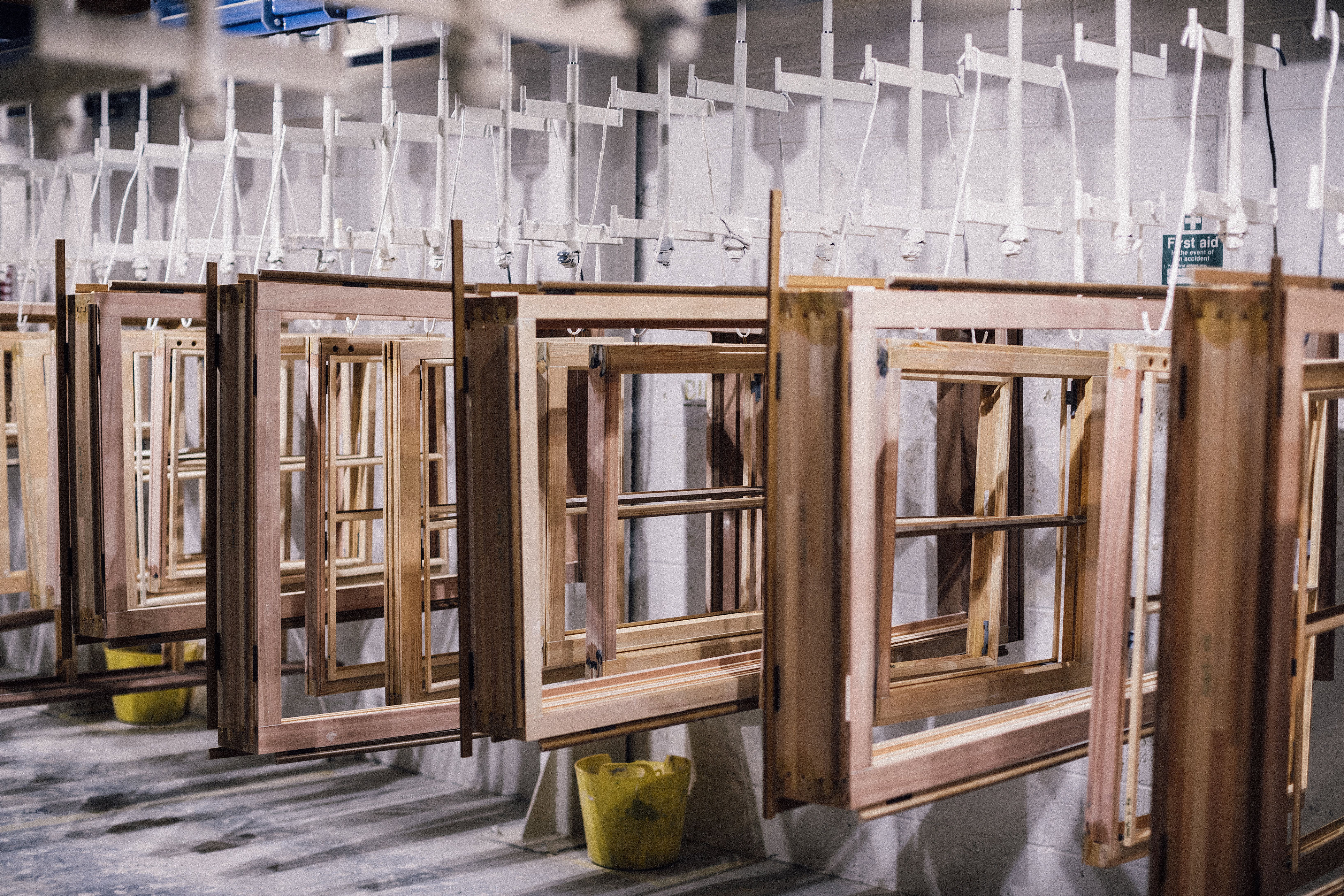Saving money is important, both in the short and long term, which is why energy efficiency is such a critical consideration when choosing windows and doors. These long-term investments can significantly impact your household’s overall energy usage.
In the UK, around 77% of homes use gas heating, with an average annual cost of approximately £557. Reducing this expense starts with improving how your home retains heat — and your choice of windows and doors plays a key role.
Timber vs. Other Materials
While uPVC and aluminium frames remain popular, timber window and door frames outperform them in thermal efficiency.
The best-performing window frames typically combine:
- Softwood (naturally less dense and better at insulating)
- Ali-clad timber
- Double or triple glazing
Softwoods have a higher air content than hardwoods, aluminium, or plastic, making them better natural insulators.
Understanding Energy Efficiency Ratings
You’ve probably seen the A to G energy rating scale, with A being the most efficient. Windows and doors are assessed based on:
- Thermal insulation (U-values)
- Air leakage rates
- Solar gain (how much heat is gained from the sun)
Choosing products with better thermal efficiency helps lower carbon emissions, reduce household energy usage, and save on bills — all while supporting global sustainability efforts.
Why Timber Excels at Energy Efficiency
Timber is a natural insulator. Its cellular structure is composed of numerous air pockets that retain heat and reduce thermal transfer, making your home warmer in winter and cooler in summer.
Compared to aluminium, timber is 1,770 times more effective at insulating. It’s also far more durable and, when properly maintained, outlasts uPVC by decades.
While uPVC may be cheaper initially, it comes with environmental costs. The manufacturing process is energy-intensive, and recycled PVC is not always readily available.
In contrast, timber’s sustainability credentials are unmatched when sourced responsibly. At Mumford & Wood, we only use FSC® Certified Redwood timber (FSC-C124392), sourced from responsibly managed forests. These forests promote biodiversity and natural regeneration, and help reduce the global carbon footprint.
The Environmental Benefits of Timber
Timber contributes to energy efficiency beyond your home. Properly managed forests ensure new trees are planted, which absorb more CO₂ than is released in harvesting and processing. In fact, selective felling allows more sunlight to reach the forest floor, boosting biodiversity and supporting the wider ecosystem.
In Conclusion
Yes, timber windows and doors are highly energy-efficient. They help you save money, lower your carbon footprint, and add timeless character to your property. It’s a win for your home, your wallet, and the planet.
Mumford & Wood
At Mumford & Wood, we take pride in crafting high-performance, sustainable timber windows and doors. Every part of our frames is carefully sourced and assembled to deliver exceptional insulation, security, and durability.
Interested in making the energy-efficient choice? Contact us today to discover our product range or download our latest brochure online.


